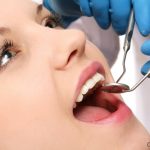Smoking After Wisdom Teeth Extraction: How Many Days Should You Wait?
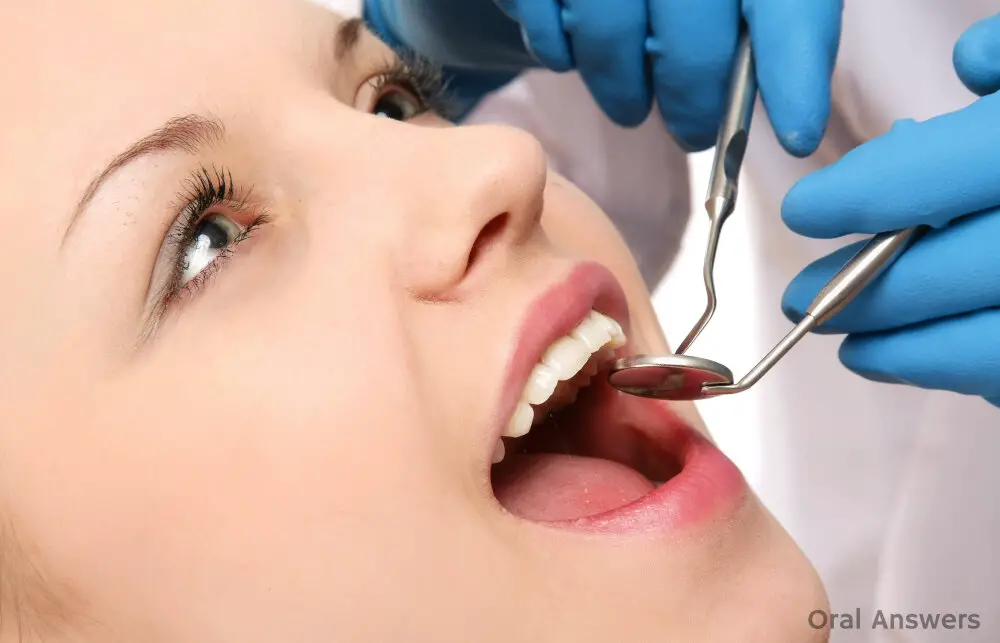
Wisdom teeth extraction is a common dental procedure that many people undergo to relieve pain and prevent further oral health issues. However, after the extraction, patients may have concerns about how soon they can resume their daily routines, such as smoking. Smoking is a habit that can have adverse effects on oral health, and smoking after wisdom teeth extraction can be particularly harmful. So, how many days should you wait before smoking after wisdom teeth extraction?The answer to this question is not straightforward, as it depends on various factors, such as the extent of the extraction and the individual’s overall health. Generally, dental professionals recommend that patients refrain from smoking for at least 48 to 72 hours after wisdom teeth extraction. However, some patients may need to wait longer, depending on their recovery progress. In any case, it is crucial to follow the dentist’s instructions and take proper care of your oral health to avoid complications. Let’s explore the topic of smoking after wisdom teeth extraction in more detail.
Wisdom teeth extraction is a surgical procedure designed to remove the third molars that grow in the back of the mouth. Wisdom teeth are often extracted because they can cause problems such as overcrowding, impaction, infection, and decay. The procedure is usually performed by an oral surgeon or a dentist under local anesthesia. During the procedure, the surgeon makes an incision in the gum tissue to expose the tooth and then removes it from the socket. After the extraction, the patient may experience some pain, swelling, and bleeding, which can be managed with painkillers and ice packs. It is important to follow the aftercare instructions provided by the surgeon to ensure a smooth recovery.
Postoperative care is crucial for a successful recovery after any surgical procedure, including wisdom teeth extraction. It involves a series of measures taken to prevent complications, manage pain and discomfort, and promote healing. Neglecting postoperative care can lead to infections, bleeding, delayed healing, and other complications that can prolong the recovery process. Patients undergoing wisdom teeth extraction are advised to follow their dentist’s recommendations regarding diet, medication, rest, and oral hygiene. Additionally, they should avoid smoking and using straws for a few days after the procedure to prevent dry socket, a painful condition that occurs when the blood clot in the extraction site is dislodged. Overall, postoperative care plays a crucial role in ensuring a smooth and speedy recovery after wisdom teeth extraction.
The Effects of Smoking After Wisdom Teeth Extraction
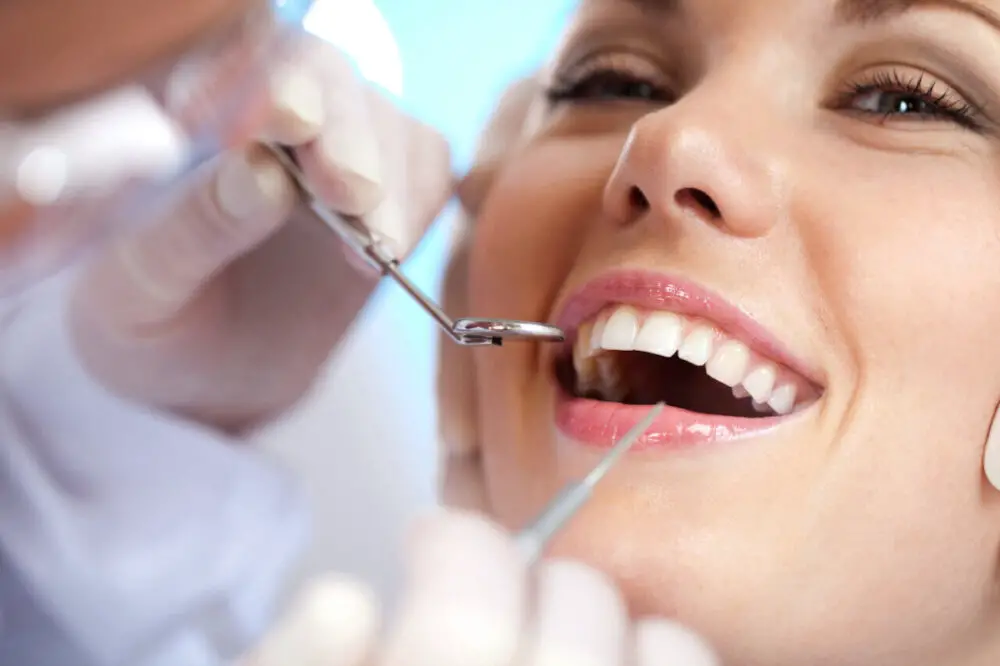
Smoking after a wisdom teeth extraction surgery can lead to a variety of negative effects. The most common effect is delayed healing and an increased risk of infection. Nicotine, the addictive substance in cigarettes, slows down the healing process by constricting blood vessels and reducing the amount of oxygen and nutrients that can reach the affected area. This can lead to the formation of dry sockets, which are painful openings in the bone where the tooth was extracted. In addition, the heat and chemicals from the smoke can irritate the surgical site, causing inflammation and discomfort. Smoking can also increase the risk of bleeding and decrease the effectiveness of pain medication. For these reasons, it is highly recommended that patients avoid smoking for several days after wisdom teeth extraction, or until their dentist gives them the green light. It is generally advised that patients wait at least 72 hours before smoking after a wisdom teeth extraction surgery. This time frame allows the initial healing process to take place and reduces the risk of complications. However, it is important to note that each patient’s situation is unique, and some may require more time to heal properly. Patients who smoke heavily or have a history of gum disease or other dental problems may need to wait longer before smoking. It is important to follow the instructions of your dentist or oral surgeon and to be honest about your smoking habits. If you are unable to quit smoking entirely, consider using nicotine replacement therapy or other smoking cessation aids to help reduce your cravings and minimize the negative effects of smoking on your oral health.
Delayed healing and increased risk of infection are potential complications of smoking after wisdom teeth extraction. Smoking can cause constriction of blood vessels and reduced oxygen supply to the surgical site, which can impair the healing process and prolong recovery time. Additionally, smoking is a known risk factor for infections, as it weakens the immune system and impairs the body’s ability to fight off bacteria. In the context of oral surgery, smoking can increase the risk of dry socket, a painful condition that occurs when the blood clot at the extraction site dissolves before the wound has fully healed. Therefore, it is highly recommended to refrain from smoking for at least 72 hours after wisdom teeth extraction to minimize the risk of complications and promote optimal healing.
After wisdom teeth extraction, smoking can increase the risk of developing dry socket, a painful complication that occurs when the blood clot that forms after extraction is dislodged or dissolves before the wound has healed. Dry socket can delay healing and cause intense pain, bad breath, and an unpleasant taste in the mouth. Smoking can also impair blood flow to the healing site, delay the healing process, and increase the risk of infection. Therefore, it is highly recommended to avoid smoking for at least 72 hours after wisdom teeth extraction to reduce the risk of dry socket and promote a faster and smoother recovery.
Smoking has a negative impact on blood clot formation, which can lead to various complications after wisdom teeth extraction. Nicotine and other chemicals in cigarettes can constrict blood vessels, reducing blood flow to the surgical site. This can cause the blood clot that forms in the socket to become dislodged or dissolve prematurely, leading to a condition known as dry socket. Dry socket is a painful condition that can delay healing and require additional treatment. Additionally, smoking can impair the immune system’s ability to fight infections, increasing the risk of postoperative complications. Therefore, it is highly recommended that patients avoid smoking for at least 72 hours after wisdom teeth extraction to promote proper healing and reduce the risk of complications.
How Long Should You Wait Before Smoking After Wisdom Teeth Extraction?
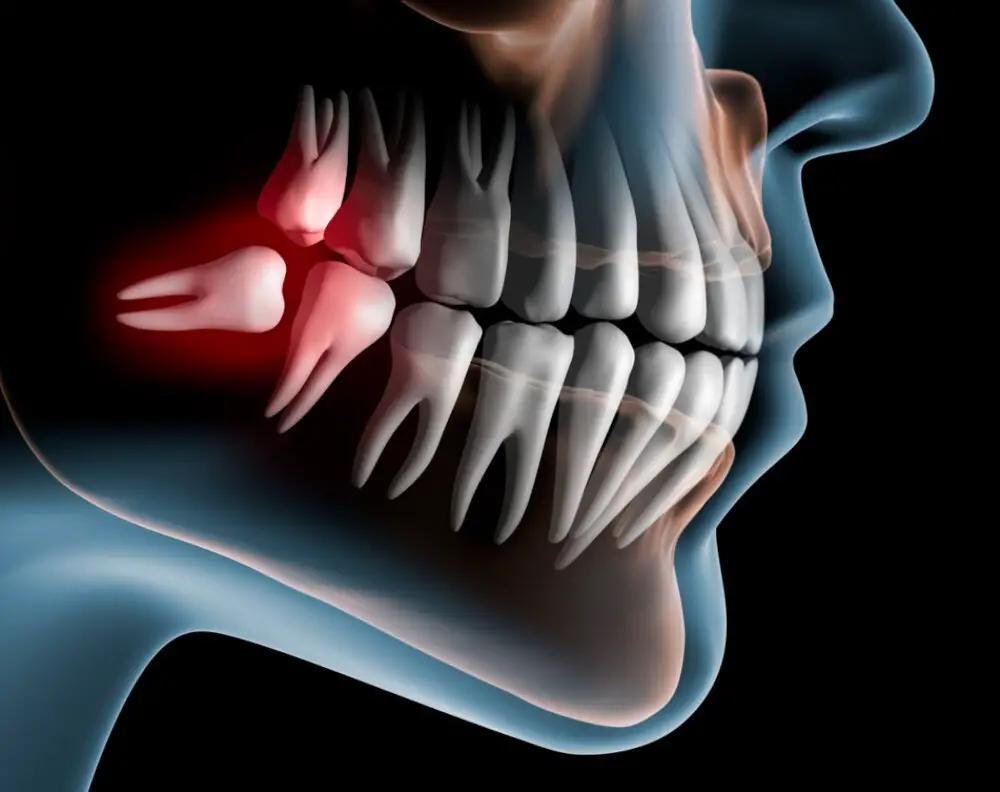
Wisdom teeth extraction is a common dental procedure that involves removing one or more wisdom teeth located at the back of the mouth. After wisdom teeth extraction, it is important to follow post-operative instructions to ensure proper healing and avoid complications. One of the instructions that patients need to follow is avoiding smoking for a certain period of time. Smoking after wisdom teeth extraction can delay the healing process, increase the risk of infection, and cause other complications such as dry socket. Therefore, it is recommended to wait at least 72 hours or three days before smoking after wisdom teeth extraction. The reason why patients need to wait at least three days before smoking after wisdom teeth extraction is that smoking can affect the blood clot that forms in the socket after the tooth is removed. The blood clot is essential for the healing process as it protects the exposed bone and tissue and provides a foundation for new bone and tissue to grow. Smoking can cause the blood vessels to constrict, reducing blood flow to the socket and disrupting the formation of the blood clot. This can lead to dry socket, a painful condition where the blood clot dislodges or dissolves, exposing the bone and nerves underneath. Therefore, it is important to avoid smoking and other tobacco products for at least three days after wisdom teeth extraction to allow the blood clot to form and protect the socket.
Expert recommendations suggest waiting at least 72 hours before smoking after wisdom teeth extraction. Smoking can increase the risk of infection and dry socket, a painful condition that occurs when the blood clot at the extraction site is dislodged. It is essential to avoid smoking, vaping, or using any tobacco products during the healing process to promote proper healing and reduce the risk of complications. If you are a smoker, it is crucial to plan ahead and find alternative coping mechanisms to manage cravings during the recovery period. Following expert recommendations and taking proper care after wisdom teeth extraction can help ensure a smooth and successful healing process.
The healing process after any surgical procedure can be influenced by a multitude of factors. Some of the most significant determinants include the individual’s overall health status, age, nutrition, and lifestyle habits. Smoking, for instance, is known to impede the healing process considerably, as it causes vasoconstriction and reduces blood flow to the surgical site. Other factors include the degree of tissue trauma, the presence of underlying medical conditions, and the level of aftercare and follow-up provided by healthcare professionals. It is important to consider these factors and take appropriate measures to optimize healing outcomes after wisdom teeth extractions, as this can prevent complications and ensure a quicker return to normal activities.
Following your dentist’s instructions after any dental procedure is crucial for the success of the treatment and your overall oral health. Ignoring their advice can result in complications such as infections, prolonged healing time, and even tooth loss. In the case of smoking after wisdom teeth extraction, it is essential to wait for the recommended time to avoid dry socket, a painful condition that occurs when the blood clot in the socket is dislodged. Your dentist knows your medical history and the specifics of your case, so their instructions are tailored to your needs. By following their guidance, you can ensure a smooth recovery and maintain good oral hygiene, which is essential for your overall well-being.
Alternatives to Smoking
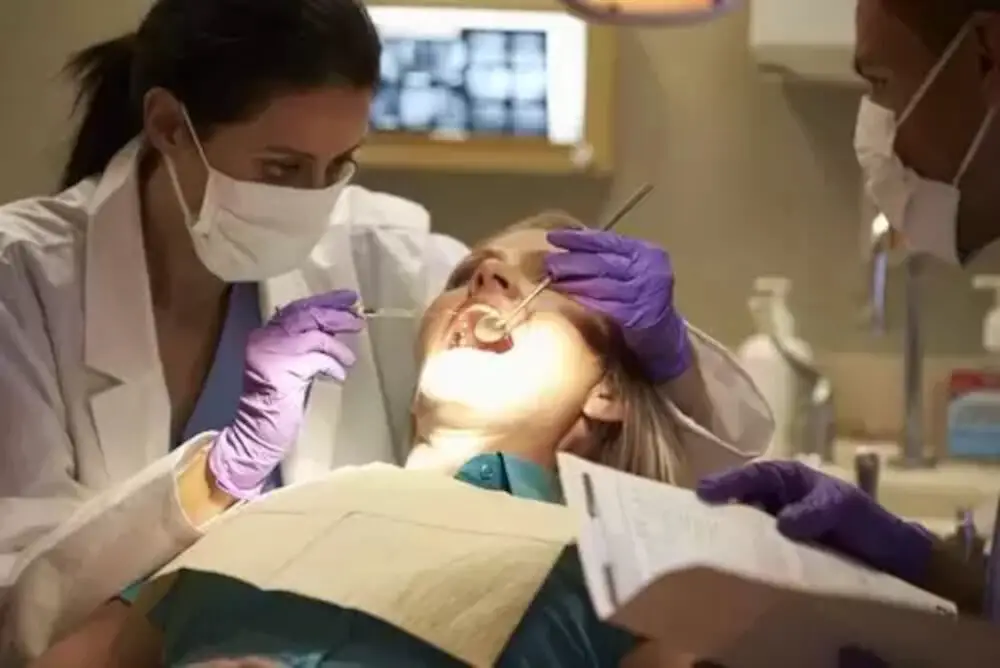
Smoking has been linked to numerous health problems, and it is especially harmful after wisdom teeth extraction. Not only does smoking delay the healing process, but it also increases the risk of infection and dry socket. Therefore, it is crucial to quit smoking, or at least reduce its frequency after wisdom teeth extraction. Fortunately, there are several alternatives to smoking that can satisfy your cravings without harming your oral health. For instance, nicotine patches, gums, and lozenges are effective in reducing nicotine cravings. These products contain a small amount of nicotine that is gradually released into the bloodstream, thereby reducing the urge to smoke. Another alternative to smoking is vaping. Vaping or e-cigarettes are battery-powered devices that heat a liquid to produce an aerosol that is inhaled. Unlike traditional cigarettes, e-cigarettes do not contain tobacco and produce less harmful chemicals. However, it is essential to note that vaping is not entirely safe and can still harm your oral health. The aerosol produced by e-cigarettes contains several harmful chemicals, including nicotine, propylene glycol, and glycerol. Therefore, if you choose to vape after wisdom teeth extraction, it is advisable to consult your dentist first and use it in moderation.
Nicotine patches or gum can be an effective aid in helping smokers quit smoking after wisdom teeth extraction. These products deliver a controlled dose of nicotine that satisfies the body’s craving for the substance, while avoiding the harmful effects of smoking. Nicotine patches work by being applied to the skin, where they release nicotine into the bloodstream over time. Nicotine gum is chewed like regular gum, with the nicotine being absorbed through the lining of the mouth. Both methods have been shown to increase the success rate of quitting smoking, especially when used in combination with other smoking cessation methods like counseling or support groups. However, it is important to follow the instructions carefully and to talk to a healthcare professional before using nicotine patches or gum to ensure safe and effective use.
Vaping or e-cigarettes have become increasingly popular over the years as a supposed alternative to traditional smoking. However, there are still concerns about its potential health risks and effects on the body. While it may not contain the harmful chemicals found in traditional cigarettes, vaping still involves inhaling chemicals into the lungs. It is also important to note that vaping can still lead to addiction due to the presence of nicotine in many e-cigarette products. After wisdom teeth extraction, it is recommended to avoid all forms of smoking, including vaping, for at least 72 hours to minimize the risk of complications such as dry socket.
Herbal cigarettes are an alternative to traditional tobacco cigarettes that are made from natural herbs, plant extracts, and other organic materials. They do not contain any nicotine or tobacco, which makes them a popular choice for people who want to quit smoking or avoid harmful chemicals. Although they are often marketed as a healthier option than regular cigarettes, there is still a risk of respiratory problems and other health issues associated with smoking. Therefore, it is recommended to avoid smoking, including herbal cigarettes, for at least 48-72 hours after wisdom teeth extraction to promote healing and reduce the risk of complications.
Smoking after wisdom teeth extraction is an extremely hazardous practice that must not be taken lightly. The risks of smoking after wisdom teeth extraction cannot be overstated. Smoking introduces harmful chemicals and toxins into the bloodstream, significantly impeding the body’s ability to heal and recover from the extraction procedure. This can lead to complications such as dry socket, infection, and delayed healing. It is essential to wait at least 72 hours after wisdom teeth extraction before smoking to minimize the risks of complications and allow sufficient time for the healing process to occur. Therefore, it’s best to avoid smoking altogether after wisdom teeth extraction to ensure a speedy and successful recovery.
Oral health is a crucial aspect of overall well-being, and patients must prioritize it by following their dentist’s instructions. The extraction of wisdom teeth can lead to discomfort and pain, and patients must take extra care of their oral health during this time. Smoking after wisdom teeth extraction can significantly delay the healing process, leading to complications and infections. It is essential to wait at least 72 hours before smoking to allow the blood clot to form and the wound to heal. Patients should avoid any activity that can disrupt the blood clot, such as rinsing, spitting, or using a straw. By following their dentist’s instructions, patients can ensure a speedy recovery and avoid any complications that may arise due to smoking or improper care.
Smoking after wisdom teeth extraction can lead to severe complications, such as dry socket and delayed healing. Therefore, it is crucial to avoid smoking for at least three to four days after the procedure. However, quitting smoking altogether can be a challenging task, and the cravings can be intense, especially during the recovery period. Fortunately, there are several alternatives to smoking that can help reduce cravings without compromising healing. For instance, nicotine replacement therapy, such as nicotine gum or patches, can be effective in managing cravings and easing withdrawal symptoms. Additionally, practicing relaxation techniques, such as deep breathing exercises and meditation, can help manage stress, which is often a trigger for smoking. Overall, it is essential to prioritize healing and take steps to reduce the risk of complications by avoiding smoking and opting for healthier alternatives.
Conclusion
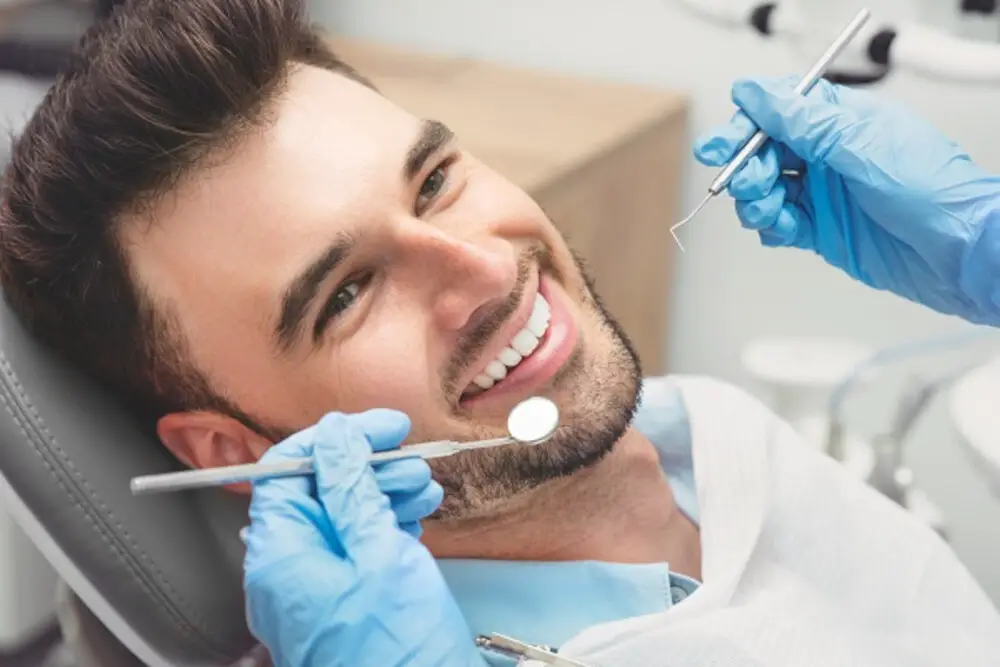
In conclusion, smoking after wisdom teeth extraction is highly discouraged. It can lead to various complications and delay the healing process. It is recommended to wait at least 72 hours before smoking to reduce the risk of dry socket, infection, and other complications. However, it is better to quit smoking altogether to promote better oral and overall health. It is important to follow the post-operative instructions provided by your dentist or oral surgeon to ensure a smooth and speedy recovery. Remember that taking care of your oral health is crucial for your overall well-being, and avoiding smoking after wisdom teeth extraction is a step towards a healthier you.

